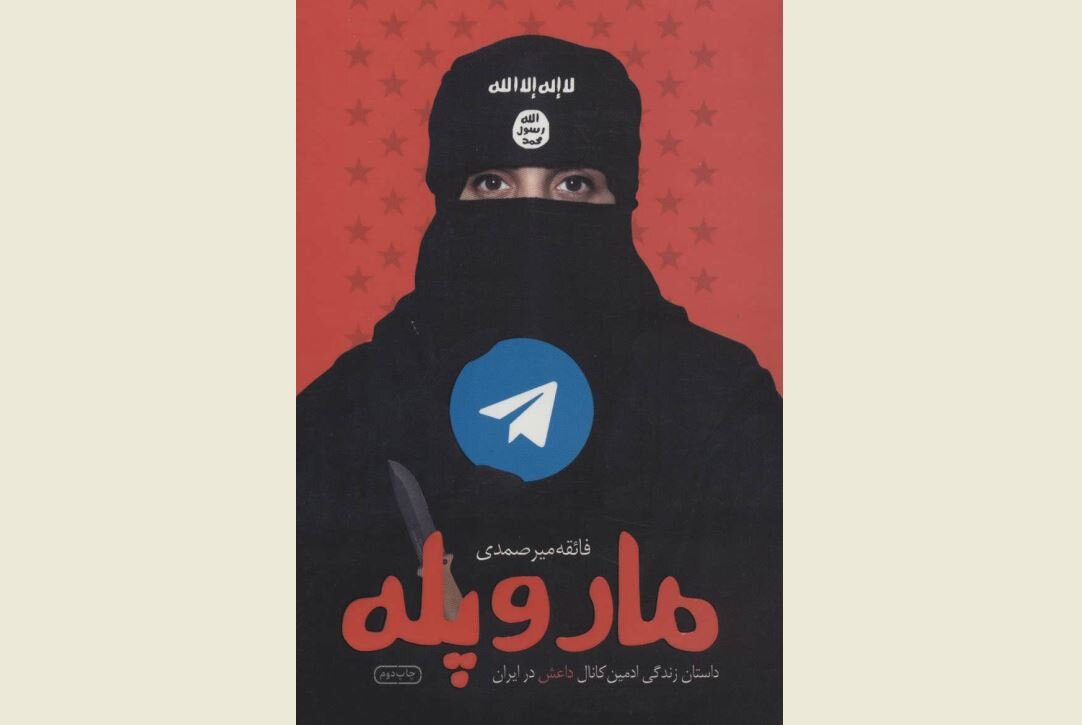Showing the Truth Completely Is Not a Beautiful Thing at All

The book "Snakes and Ladders" is an interesting narrative about the security system and the life story of Medina, the administrator of the ISIS channel in Iran.
Faegha Mirsamadi first visited Medina in November 2017 and after the security agents told her a little about this woman and her children, her place of residence and her social status, Miesamadi became more interested in her life, so she decided to write the story of this woman's life.
* How did you get acquainted with Medina at first place?
The security officers provided me with the conditions to meet with this woman for the first time, and I had several meetings with her and conducted detailed interviews. I just want to say that when I met her, she was under the supervision of a doctor.
* What was interesting to you about this character that you decided to write her life story?
I don't know how familiar the audience is with the border region in the eastern part of Iran. In these areas, there are many women who, because of the Baloch lifestyle, are very hardworking women in life, and many things that are unimaginable for urban women, they do every day and live that particular style of their own and their life expectancy is very high.
Salafi and Wahhabi groups and more recently ISIS groups invested a lot on these women. They tried to deceive these women with apparently religious concepts and biased questions to take them with them to the lands that they say is the actual Islamic State!
The Islamic State in the western part of Syria, and the Arabs and Kurds of Syria, have women Mujahids, but in the eastern part, women are not Mujahid, and they are in the role of the wives of ISIS soldiers. They create channels and produce content that attracts the attention of women.
Medina was one of those women. It is true that her venture and adventurous boldness made her join the ISIS group and organization, but poverty had a great effect on her joining because she had a chaotic life and had disagreements and fights with her drug addict and unemployed husband.
* How did you trust Medina's words?
She couldn't lie because she was still under surveillance. I asked my security friends to introduce me to those who were in that area, like Medina, and had returned to Iran and are now under surveillance too.
They introduced a woman and I went to Kurdistan to see her. A young woman like Medina, who also had two children. She had just given birth to one, who was with her in prison. I talked with her and wrote her life story, and God willing, it will become a novel like Medina's life. I compared the words of that woman and Medina. Almost all the words and narrations were verified and there were only minor differences that did not cause any problems in the story.
* What effect did Medina have on your life?
Medina had no effect on my personal life. But after that, I tried very hard to tell the story of women's lives, because I also do documentary work, I even consulted with TV channels and different places to make a documentary about these women, but no one supported me.
* Did you use imagination and unreal material in the narration of Medina? If yes, how much?
Showing the truth completely is not a beautiful thing at all, and it is necessary for the writers to use imagination to attract the drama and the general trend of the story.
